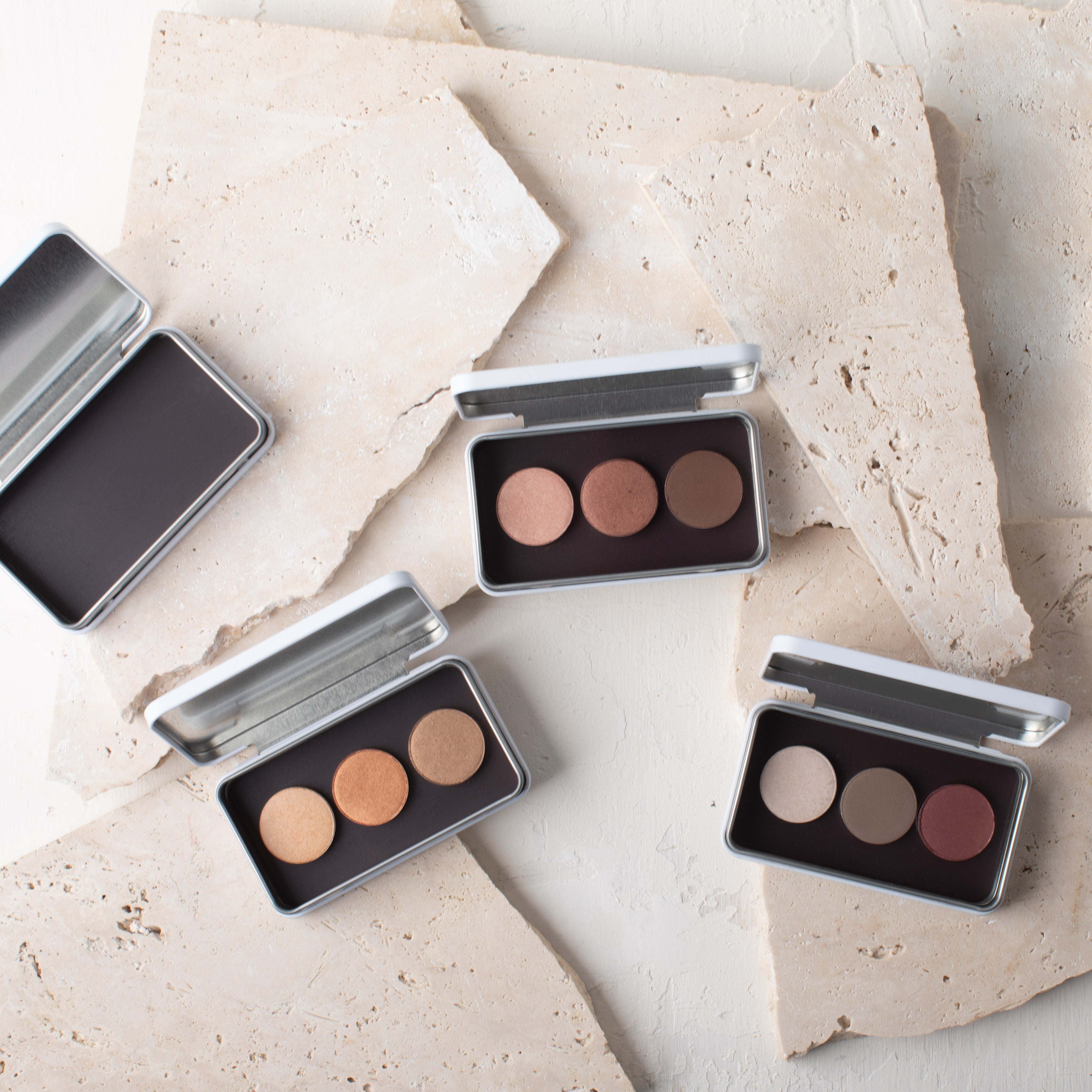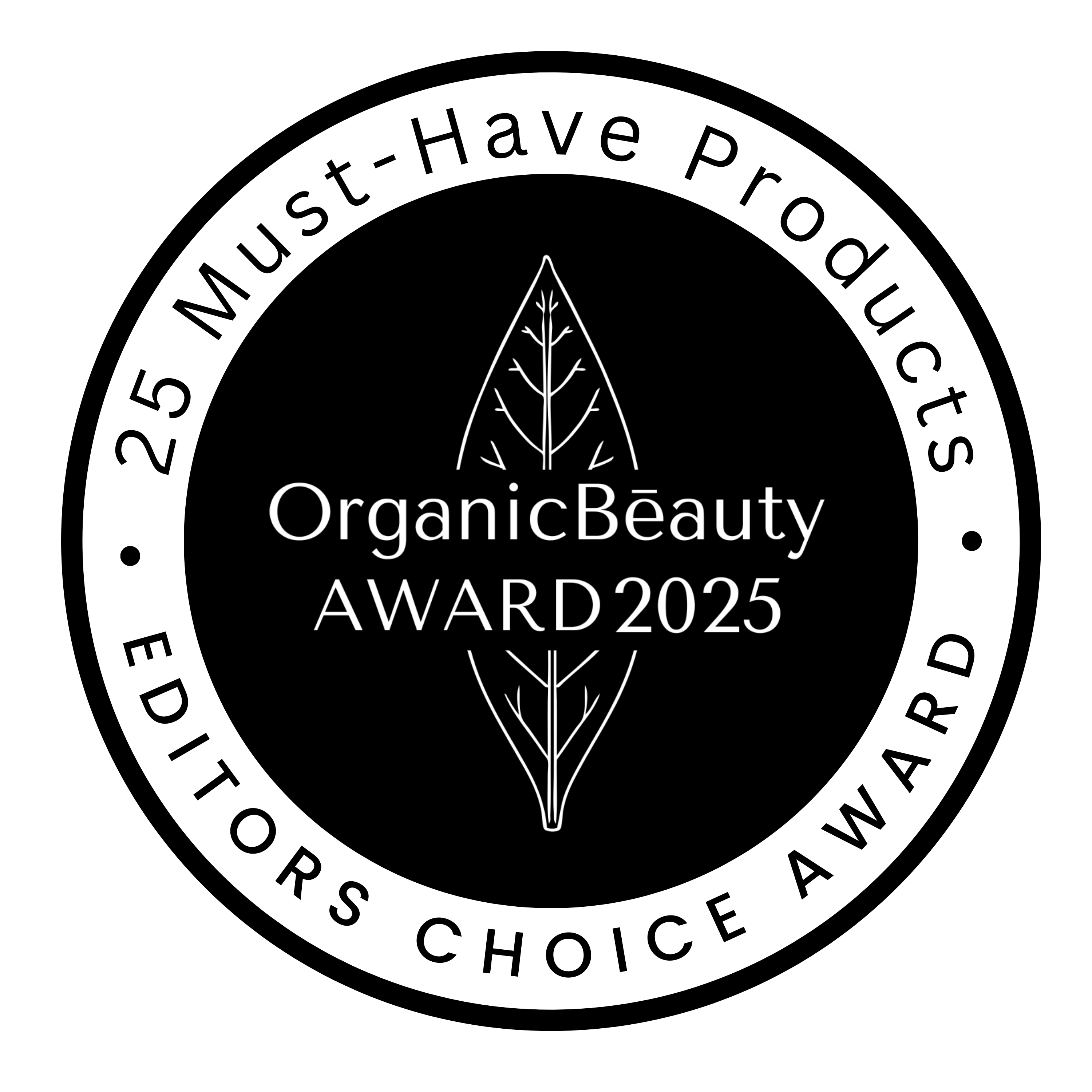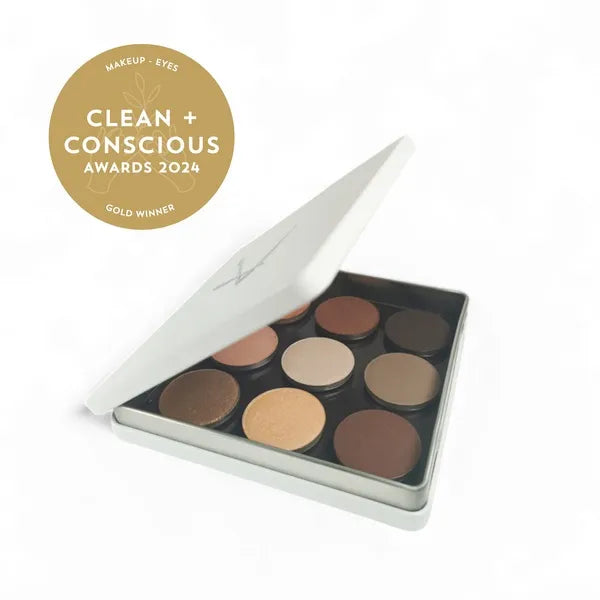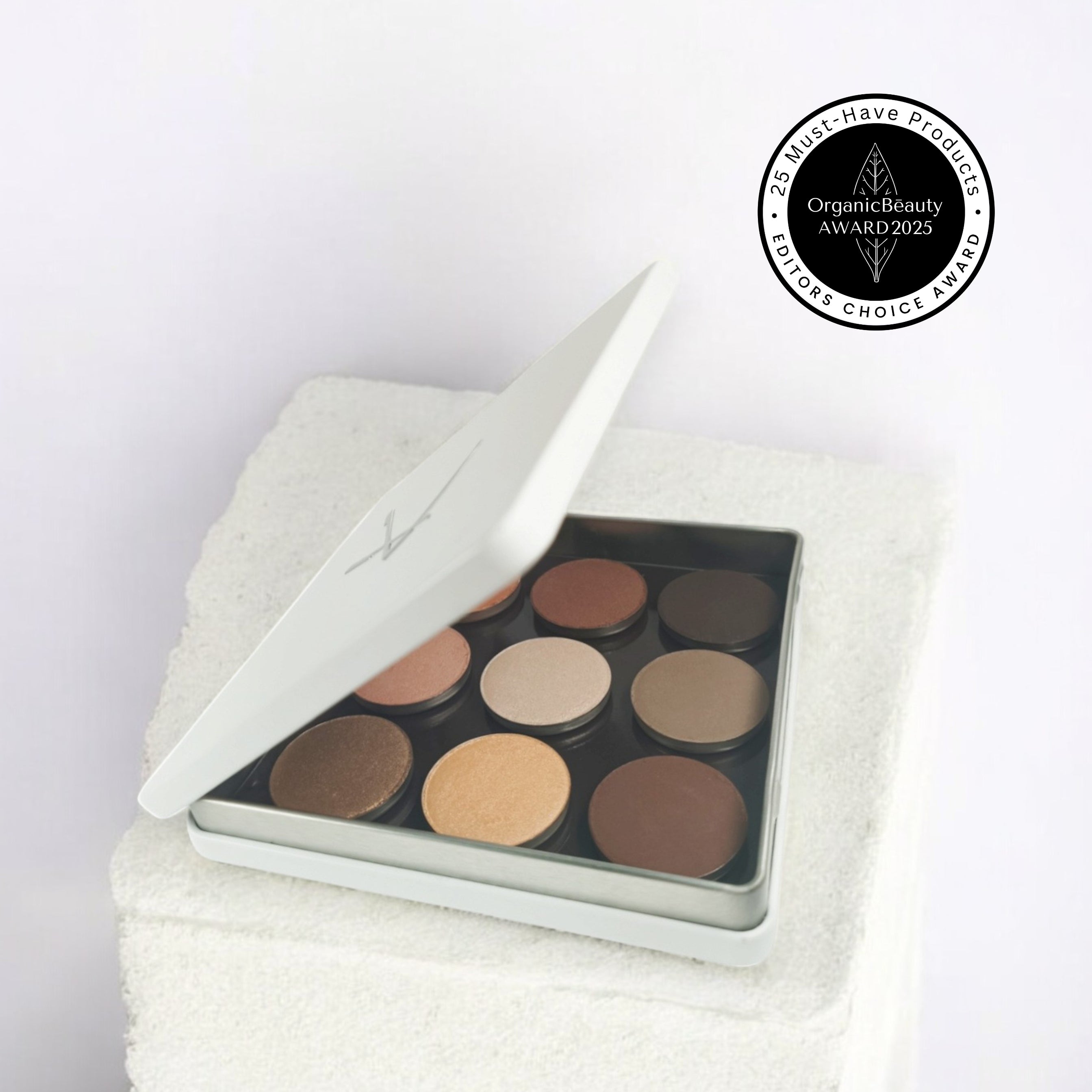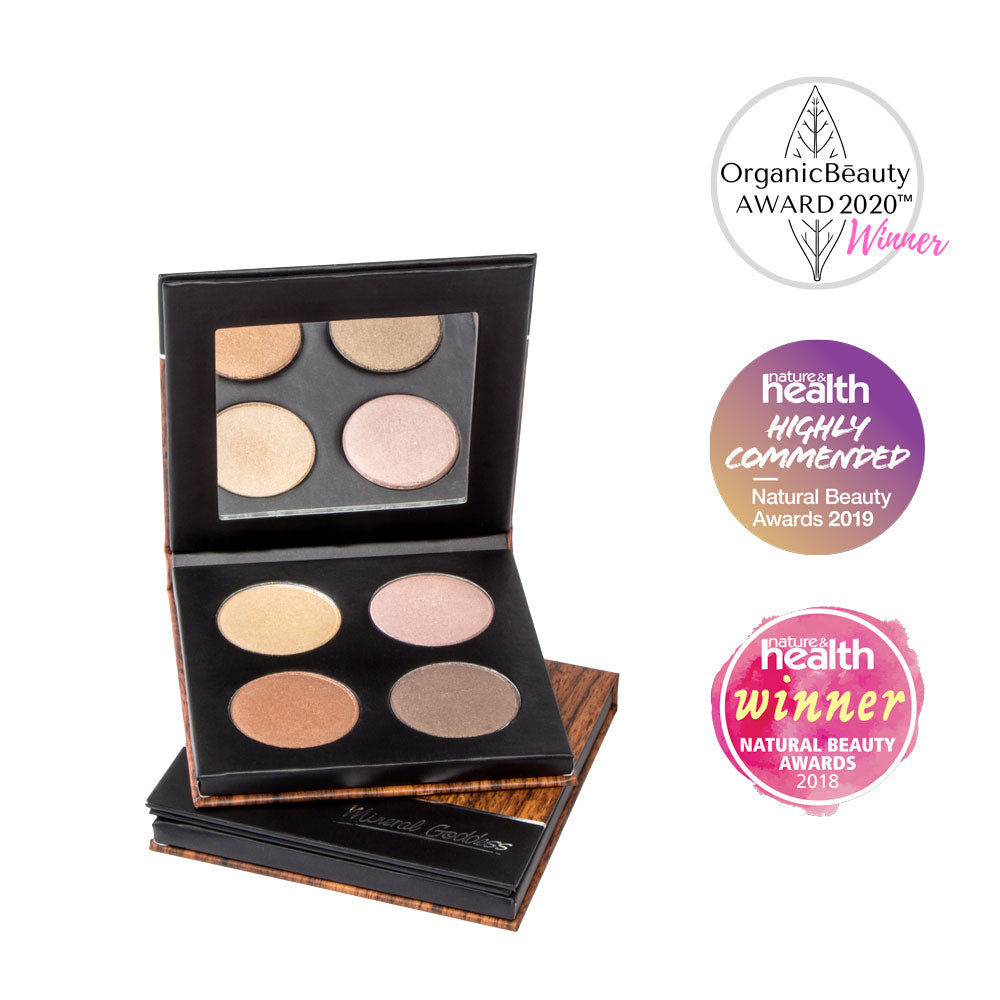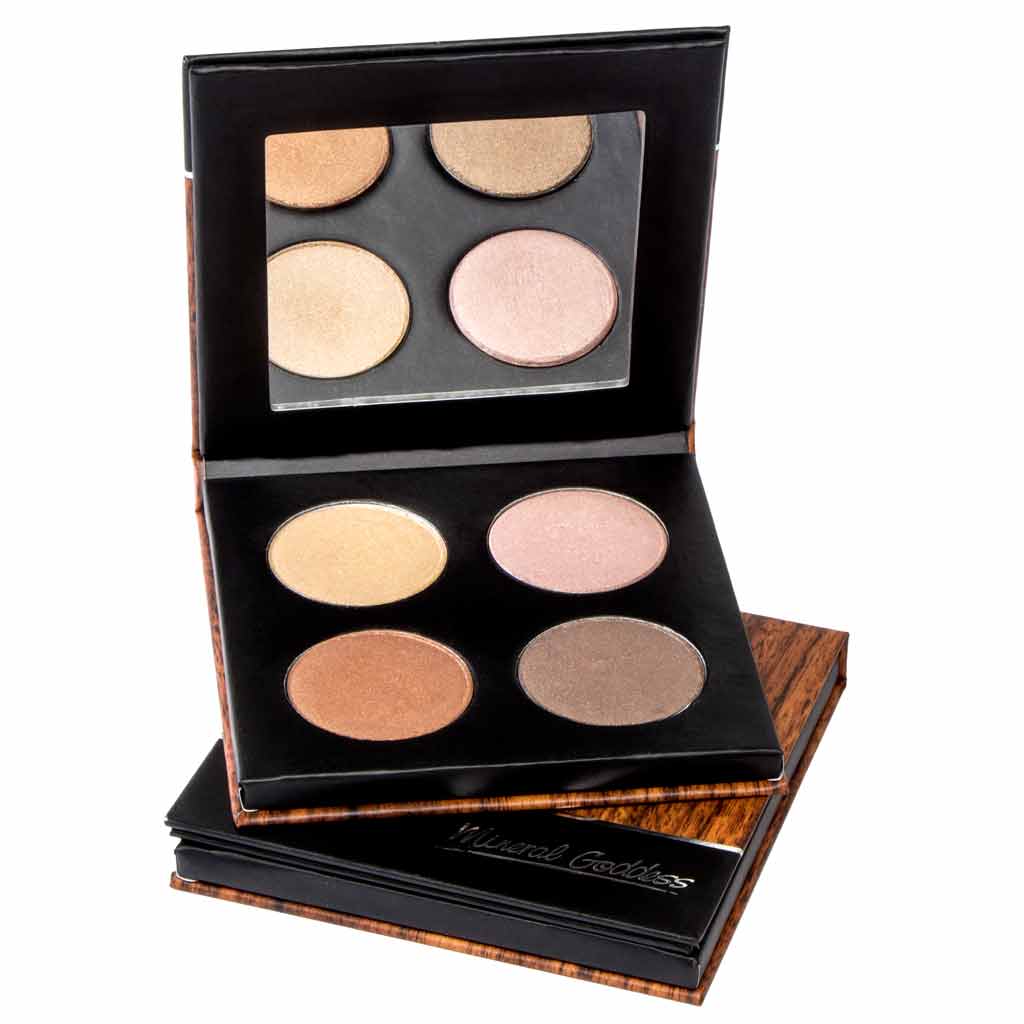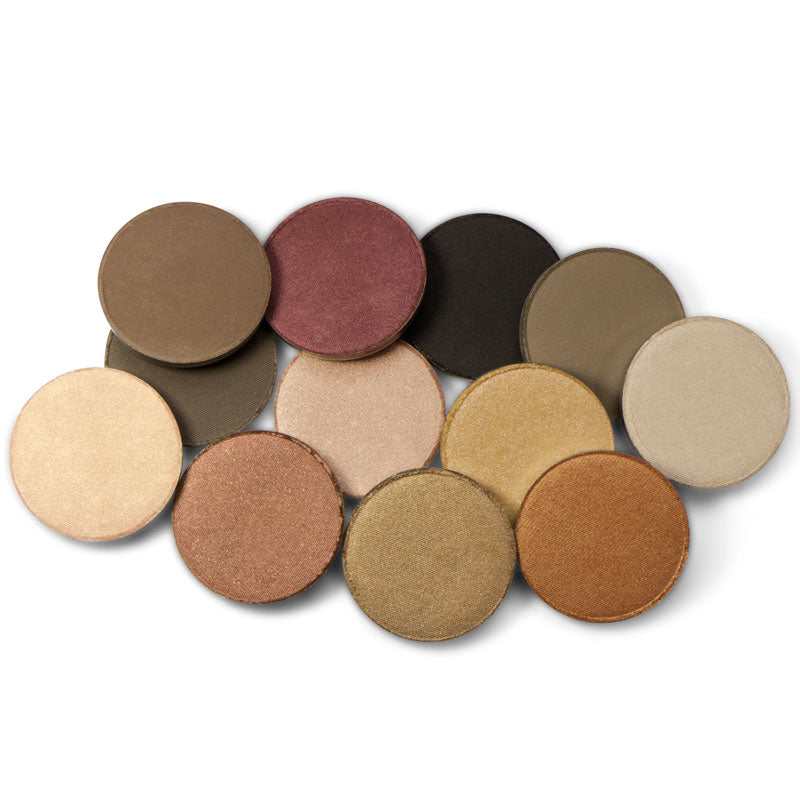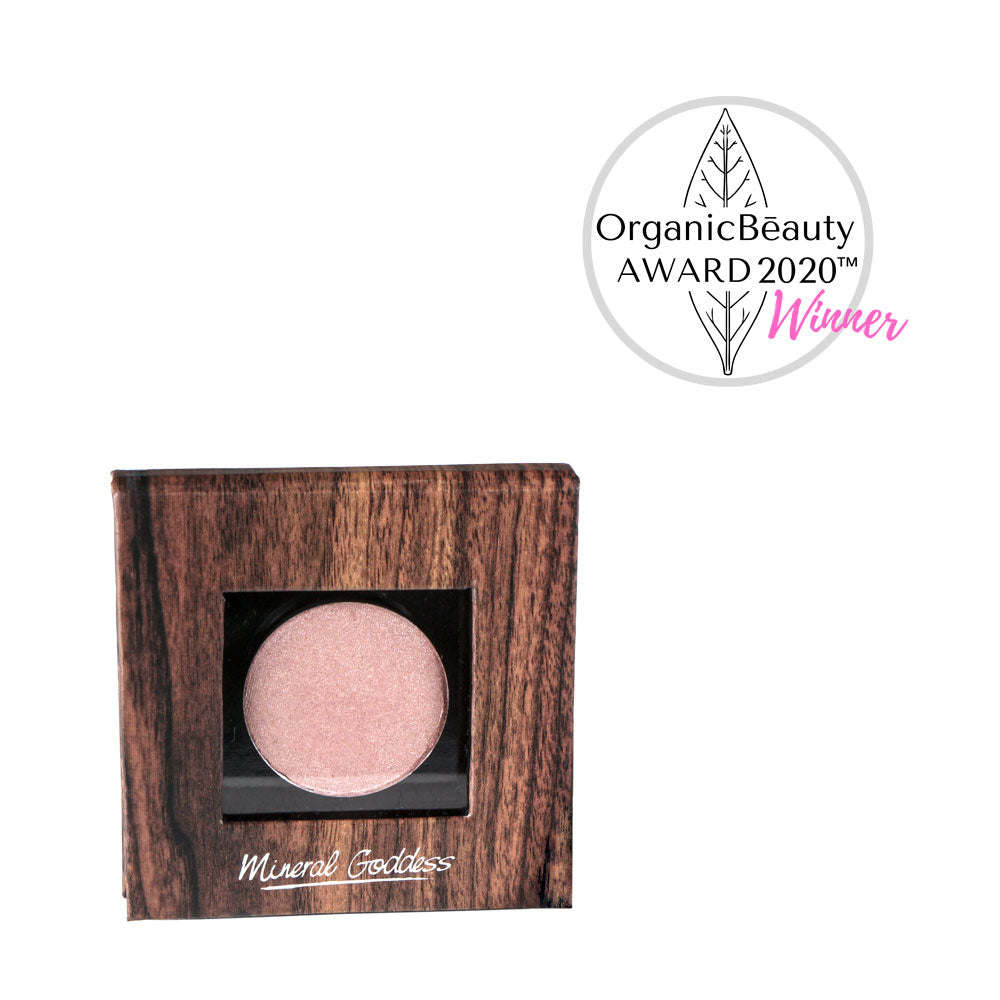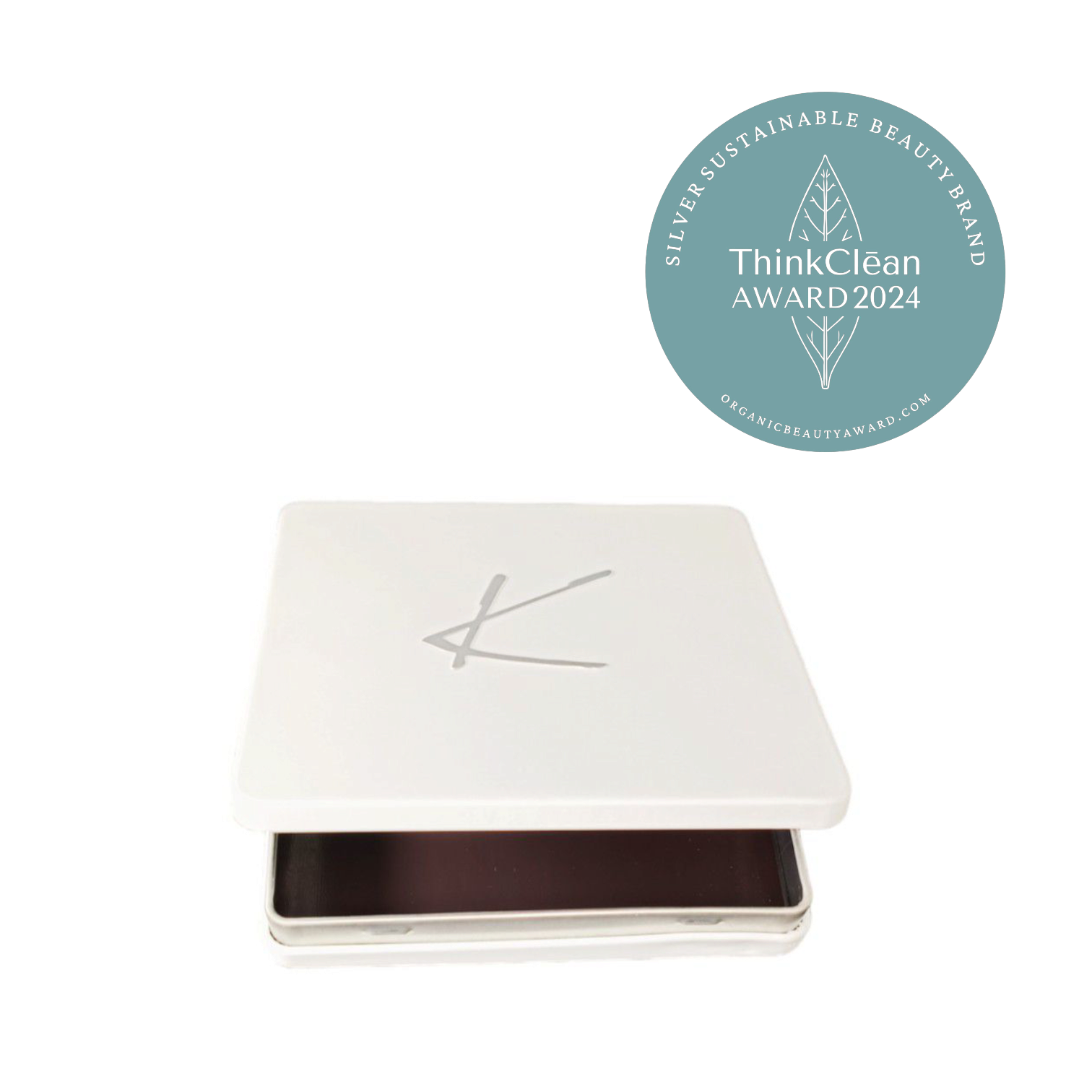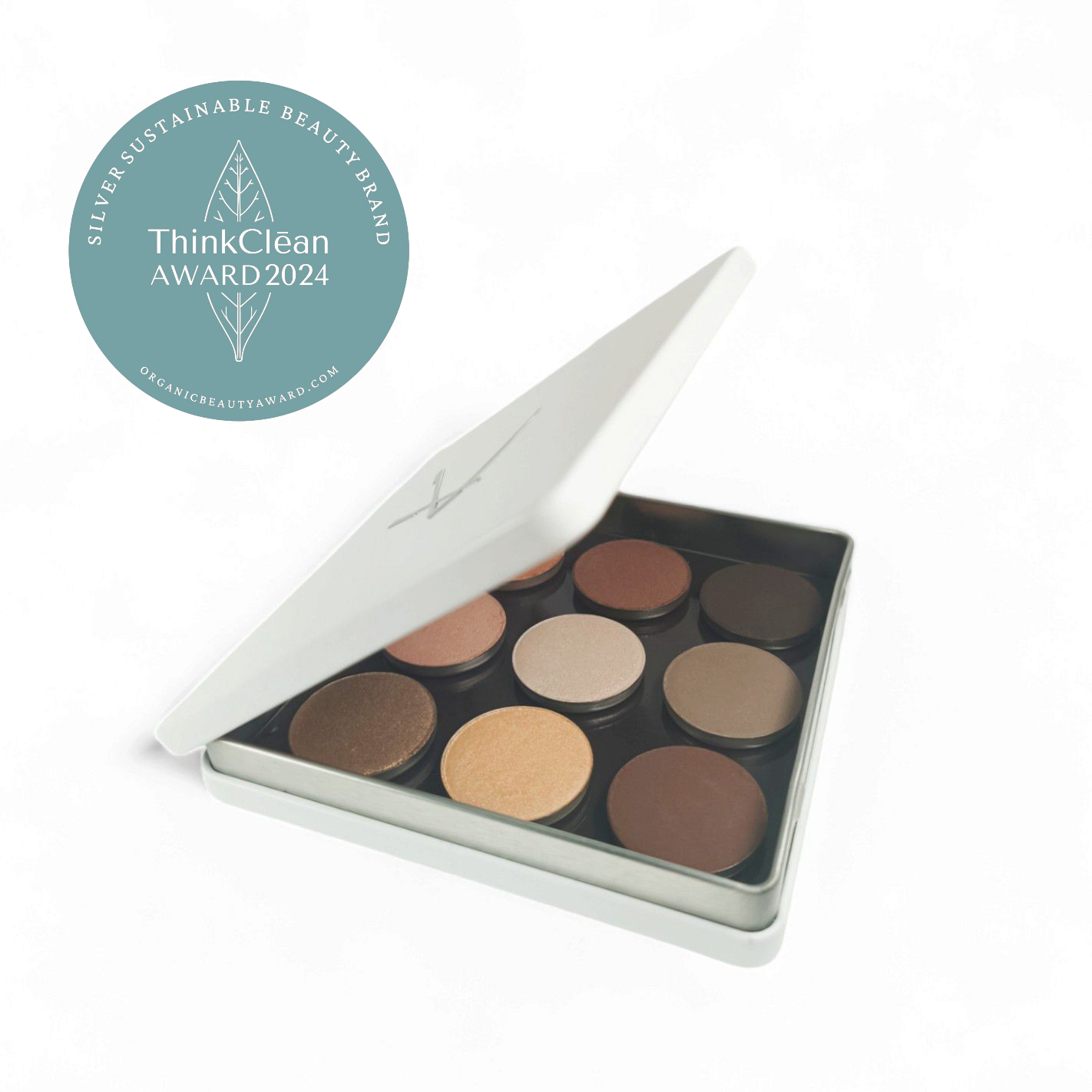Vegan Makeup and Beauty
- by Kylie Eustace
‘Is Caring for all creatures all the time.’
I wholeheartedly endorse the use of cruelty-free, vegan, and clean cosmetics, and it's truly heartwarming to witness the growing consumer interest in these ethical choices. Vegan makeup encompasses cosmetics and beauty products crafted without any animal-derived ingredients or byproducts. This commitment extends to avoiding substances such as beeswax, carmine (a red pigment sourced from crushed insects), lanolin (extracted from sheep's wool), and more. Furthermore, vegan makeup and beauty products align with cruelty-free practices, which means they do not undergo animal testing during any phase of production.
Here are some essential points and considerations regarding vegan makeup:
Ingredients: Vegan makeup products are meticulously crafted without animal-derived components. Instead, they rely on plant-based or naturally derived and synthetic alternatives. Common substitutions include plant oils, waxes (like candelilla, carnauba, or soy), and mineral pigments.
Cruelty-Free: Vegan makeup often goes hand in hand with cruelty-free practices, signifying that the products are not subjected to animal testing at any stage. To ensure this, look for certifications from organizations like PETA's Beauty Without Bunnies program, the Leaping Bunny logo, or the vegan logo by Safe Cosmetics Australia.
Labeling: Many companies explicitly label their products as "vegan" or "cruelty-free," simplifying the process of identifying suitable options for consumers.
Quality: Over time, vegan makeup has witnessed remarkable advancements in quality and performance. Innovations in technology and ingredient sourcing have led to the development of high-quality vegan products that rival their non-vegan counterparts.
Availability: Vegan cosmetics are gaining widespread popularity, and many brands are either entirely vegan or offer an extensive range of vegan choices. Both established and independent brands are catering to the increasing demand for ethical and cruelty-free cosmetics.
Sustainability: Vegan makeup often boasts a more environmentally friendly profile, as it reduces the demand for animal agriculture and its associated environmental consequences.
Allergies: Vegan makeup can be a suitable option for individuals with allergies to animal products or byproducts. However, it remains crucial to diligently read ingredient lists, as some individuals may still exhibit sensitivities to specific plant-based ingredients.
Research: When shopping for vegan makeup and cosmetics, conducting thorough research is vital. While some brands claim to be vegan or cruelty-free, their products might still contain hidden non-vegan or animal-tested ingredients. Cross-referencing with trusted sources and checking for third-party certifications can help ensure the authenticity of a brand's claims.
It's essential to remember that while clean cosmetics, "vegan" and "cruelty-free" are often used interchangeably, they represent distinct concepts. A product can be clean/ nontoxic and contain animals and insect ingredients. It can be vegan without being cruelty-free if it undergoes animal testing.
I strongly recommend staying updated with the latest information, as circumstances and regulations in the cosmetics industry can evolve. Notably, many well-known cosmetic brands export their products to countries where animal testing is still prevalent, emphasizing the need for consumer awareness.
For instance, China has historically conducted animal testing on imported cosmetics, although recent changes have relaxed these requirements for some categories, such as "general use cosmetics," though certain exceptions persist. It's important to understand the distinction between "general" and "special use" cosmetics in China:
General cosmetics, no longer subject to mandatory animal testing, include skincare products, hair care products, nail care products, makeup, and fragrances.
Special use cosmetics, still requiring pre-market animal testing, encompass products like hair growth products, hair dyes, hair perming products, hair removal products, breast beauty products, body fitness products, deodorants, sunscreens, anti-freckle products, and whitening products.
Both the general public and makeup artists are increasingly aware that cruelty to animals is unacceptable, especially in the name of beauty products. We all possess the power to make ethical choices and contribute to a positive change.
There's also a growing demand for low-toxicity, non-toxic, and natural products. Clean beauty products, including makeup, haircare, and personal care items, are now the norm. Informed consumers are actively encouraging professionals to use safer alternatives. Since our skin absorbs over 60% of what we apply, opting for certified non-toxic, safe, vegan, natural, or certified organic personal care products can safeguard the health of ourselves, our clients, and our families.
Some common non-vegan animal products found in cosmetics include:
Carmine (ground-up cochineal beetles), often listed as "CI 75470," "Natural Red 4," or "Crimson Lake," used in many bright red and pink lipsticks.
Lanolin, a waxy substance secreted by the sebaceous glands of wool-bearing animals.
Milk products, derived from cows, goats, and other animals.
Hyaluronic acid, which may be derived from animal sources like rooster combs but can also be sourced from biofermentation, synthetics, or plant oils.
Elastin, usually sourced from birds and cows for use in skincare products.
Keratin, a protein found in animal hair, feathers, and nails, used in hair care products.
Collagen, a protein found in animal connective tissues, used in some anti-aging skincare products.
Gelatin, derived from animal collagen and used in cosmetics for its thickening properties.
Shellac, obtained from lac bugs and used in nail products and some hair lacquers.
Guanine, a shimmering ingredient often derived from fish scales for cosmetics.
Stearic Acid, typically sourced from animal fats for use as a thickener and emulsifier in cosmetics.
Lard, an oily substance obtained from pigs, used in some makeup formulations like pencil liners and lipsticks.
Squalene, which can be extracted from shark liver oil but also exists in a vegan form derived from olives and wheat germ. It's used in lip balm, deodorants, and moisturizers.
Animal hair, sometimes found in makeup brushes, even those labeled as 'cruelty-free,' and often sourced from animals like sable, fox, horse, goat, mink, and squirrel.
Beeswax, produced by bees and used in cosmetics, such as lip balms, creams, and mascaras (debated as an animal product).
Silk powder, obtained from the silk cocoon of silkworms and used in cosmetics for its texture-enhancing properties.
When seeking vegan cosmetics, thorough examination of ingredient labels and brand policies is imperative. Keep in mind that ingredient composition can vary based on the formulation and brand, so being well-informed about these ingredients will empower you to make choices aligned with your values.
For a comprehensive list of ingredients that may not be vegan-derived, PETA offers a valuable resource at this link: https://www.peta.org/living/food/animal-ingredients-list/. This resource can serve as an informative reference for discerning consumers.
Photo credit: Beth Mitchell, Begitta, Daisy, Kylie Eustace
Kylie Eustace
- Posted in:
- Be Natural
- clean beauty
- kind beauty
- Makeup for Vegans
- nontoxic beauty
- Vegan
- vegan brushes
- Vegan Lispticks
- Vegan Makeup
- Vegan Mineral Makeup

